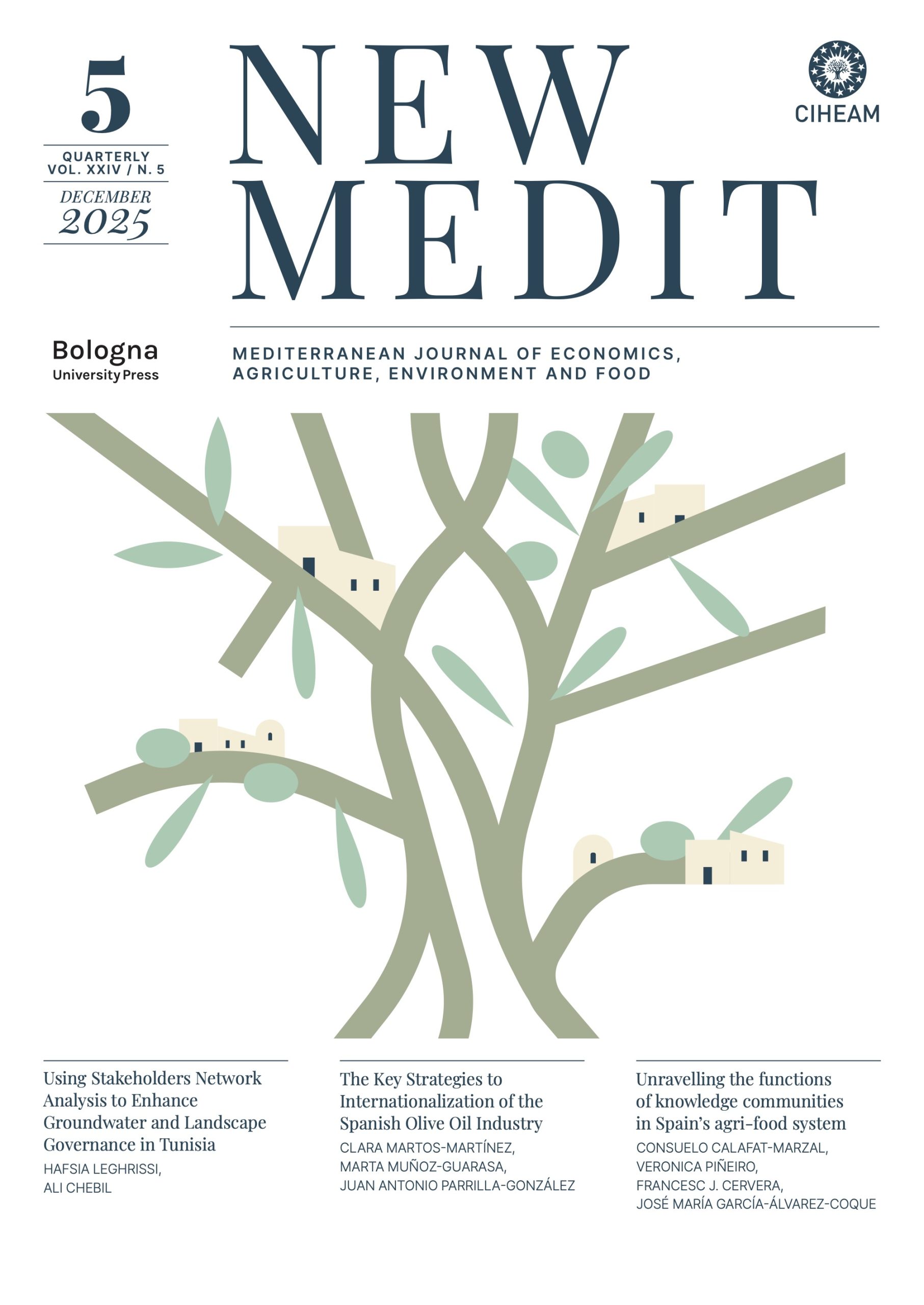The ongoing conflict between Russia and Ukraine has significantly affected the global wheat market, particularly impacting Arab countries that heavily rely on wheat imports. This paper examines the conflict’s effects on wheat production and exports, highlighting disruptions in Ukraine and resulting price volatility. Together, Russia and Ukraine account for a large share of global wheat exports, but the conflict has led to a decline in Ukrainian exports, mitigated somewhat by the Black Sea agreement that allowed for continued exports despite Russian sanctions. As major exporters like the U.S., Canada, and Australia step in, competition has intensified, leading to fluctuating prices. This volatility threatens food security and fiscal stability in Arab nations, especially those with limited or no wheat subsidies.
The study suggests that the nonrenewal of the Black Sea agreement could raise global wheat prices by 3-4% on average, though the overall impact is expected to be short-lived due to the market’s resilience. The findings emphasize the need for proactive import planning and the importance of agricultural policies and trade finance in shaping wheat market dynamics.











